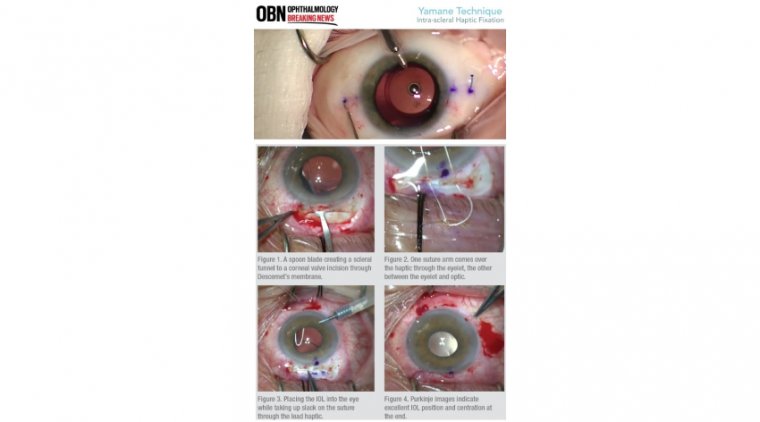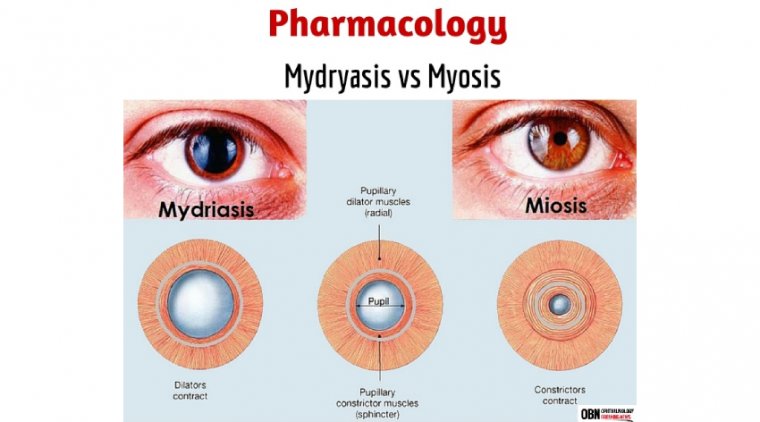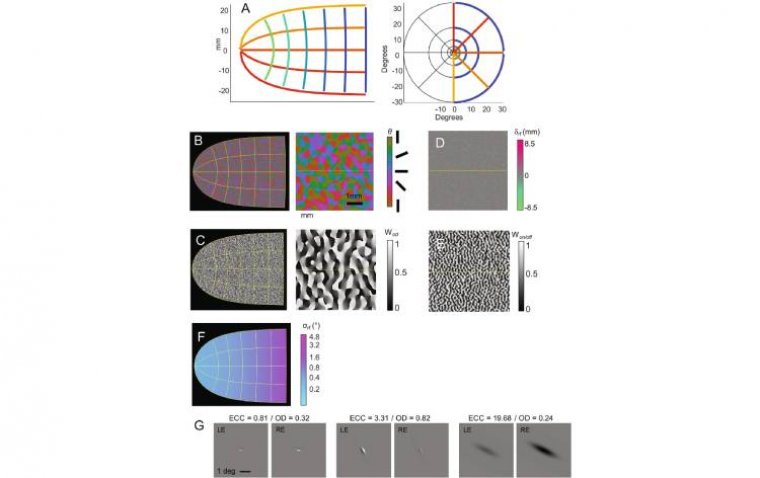
Oral Metformin Found Ineffective in Slowing Geographic Atrophy Progression
In the quest to find effective treatments for eye diseases, the METformin for the MINimization of Geographic Atrophy Progression (METforMIN) trial sought to evaluate the efficacy of oral metformin in slowing the progression of geographic atrophy (GA) and its effects on visual acuity.
This randomized phase 2 clinical trial, encompassing nondiabetic individuals aged 55 years and older across 12 study centers, administered daily doses of 2000 mg oral metformin or observation over 18 months.
Lack of Efficacy in Clinical Trial
“The results of the clinical trial do not support the use of oral metformin having effects on reducing GA progression or change in BCVA or LLVA between participants treated with metformin and those not receiving metformin despite relatively high self-reported adherence in the metformin group,” the investigative team, led by Jay M. Stewart, MD, from the Department of Ophthalmology at the University of California, San Francisco, reported.
About Geographic Atrophy
Geographic Atrophy (GA) is an advanced form of age-related macular degeneration (AMD), a leading cause of vision loss among the elderly, affecting over 5 million people worldwide. GA is characterized by the progressive degeneration of the retinal pigment epithelium, Bruch's membrane, and the choriocapillaris, primarily in the macula, leading to significant vision impairment. Despite advancements in the understanding of AMD, the exact mechanisms driving GA progression remain elusive, making the search for effective treatments critically important.
Metformin's Role in AMD Treatment
Background on Metformin and AMD
Metformin, traditionally an antihyperglycemic medication for diabetes management, has been explored for its potential in reducing GA progression through multiple biological pathways. Prior retrospective studies hinted at a possible association between metformin usage and a decreased risk of AMD, sparking interest in its application beyond diabetes treatment.
Detailed Trial Methodology
The METforMIN trial methodically increased metformin dosage from 500 mg once daily to a full dose of 2000 mg daily by the fourth week, maintained until the conclusion of the 18-month study period. The primary goal was to assess the annualized growth rate of GA, with secondary outcomes focusing on changes in BCVA (best-corrected visual acuity) and LLVA (low luminance visual acuity).
Trial Outcomes and Implications
Analysis of Results
Despite the structured approach, the trial revealed no significant difference in the progression of GA or changes in visual acuity measures between the metformin and observation groups. The findings underscored metformin's lack of efficacy in altering the course of GA, despite an acceptable safety profile for the nondiabetic participants involved in the study.
Future Directions in GA Research
The researchers speculated on the possibility that the AMD treated in this trial might have been at too advanced a stage for metformin therapy to be effective, suggesting that earlier intervention in the disease process could be necessary for any potential therapeutic benefits.
This trial contributes valuable insights into the ongoing exploration of treatments for GA and AMD, highlighting the necessity for continued research and innovation in the field to develop effective therapies for these complex conditions.
References
Shen LL, Keenan JD, Chahal N, et al. METformin for the MINimization of Geographic Atrophy Progression (METforMIN): A Randomized Trial. Ophthalmol Sci. 2023;4(3):100440. Published 2023 Dec 4. doi:10.1016/j.xops.2023.100440
Iapoce C. FDA approves Pegcetacoplan Injection for geographic atrophy. HCP Live. February 17, 2023. Accessed February 4, 2024. https://www.hcplive.com/view/fda-approves-pegcetacoplan-injection-geographic-atrophy.
Kunzmann K. FDA approves Avacincaptad Pegol for geographic atrophy. HCP Live. August 5, 2023. Accessed February 4, 2024. https://www.hcplive.com/view/fda-approves-avacincaptad-pegol-geographic-atrophy.
Blitzer A.L., Ham S.A., Colby K.A., Skondra D. Association of metformin use with age-related macular degeneration: a case-control study. JAMA Ophthalmol. 2021;139:302–309
(1).jpg)










